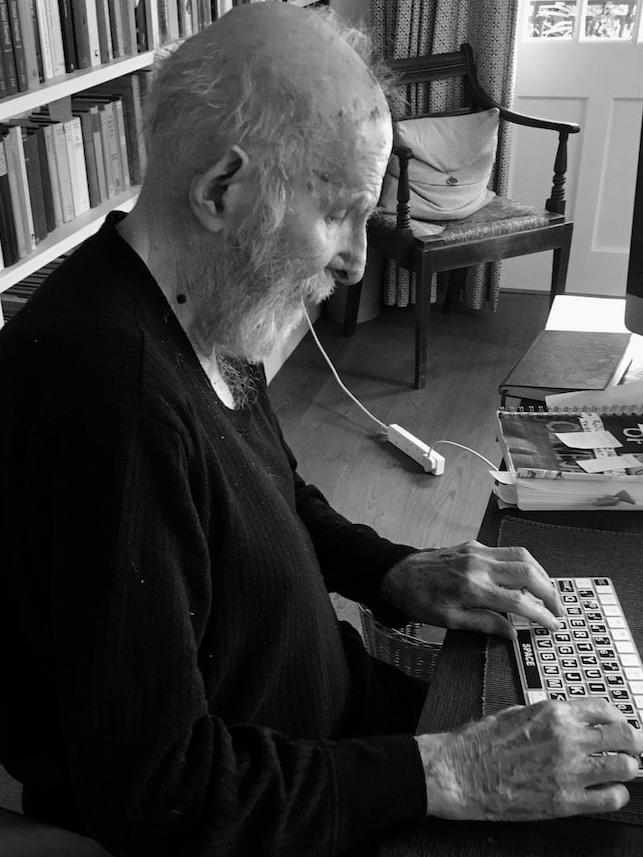The leaves have fallen: Australian poet Clive James dies

It’s said that poets should aim to write a handful of works that will survive them. Clive James published one such poem — Japanese Maple — in 2014, after suffering for several years from leukaemia and emphysema. Written in the second person, the poem gives the reader the impression of eavesdropping on the poet as he consoles himself, with valedictory pathos, about his impending death: “Your death, near now, is of an easy sort / So slow a fading out brings no real pain.”
James felt so sure of his demise he gave it a deadline: “Come autumn,” he wrote, the leaves of his Japanese maple tree “will turn to flame. / What I must do / Is live to see that / That will end the game”. The poem went viral, in part due to its status as one of James’s last outings. Of course, James then lived for another half-decade — long enough to publish an epic poem, The River in the Sky, and two further poetry collections, Injury Time, and Sentenced to Life — the titles of which both allude to what James called “the embarrassment of still being alive”.

Japanese Maple is, like so many of his poems, full of perfect rhymes, and observes a strict form of his own devising. James was a lifelong disciple of poetic form, which put him at odds with many of his Australian contemporaries, but also with the most influential poets of the 20th century such as Pound and William Carlos Williams, who he castigated for their detrimental shapelessness and, in Pound’s case, wilful obscurantism. The Modernists were a frequent target for his ire, including Eliot, whose The Waste Land he reluctantly admired, yet still once unwisely parodied in an Indian patter under the moniker T.S. Tambiguiti: “April is a very unkind month, I am telling you. / Oh yes. And summer was surprising us very much.”
Elsewhere, though, James was a blisteringly funny satirical poet, alert to ironies and keen to puncture pretensions. His poems are unapologetically entertaining, clear, and vivified with his singular wit, which frequently juxtaposed high and low cultural references to hilarious effect. His best-known poem, The Book of My Enemy Has Been Remaindered, is a brilliant skewering of poetic rivalries and vanities; its speaker, an oblivious poet, celebrates with gleeful schadenfreude the downfall of his adversary, whose slim volume has been consigned to the publishing scrapheap: “His brainchild now consorts with the bad buys / The sinkers, clinkers, dogs and dregs.” Of course, the poet acknowledges, he may some day be meted out the same humiliating fate but, in his case, he insists, it will be due to “a miscalculated print run, a marketing error — / nothing to do with merit”. And in any case, the poet continues on blithely, the shame will be offset “by the memory of this sweet moment”.
James himself was no stranger to poetic animus, having been a frequent target of some peers and critics; like many Australian public intellectuals, he was more widely celebrated overseas than at home. Poetry mattered to James the most, yet his prodigious output in other forms overshadowed his poetic oeuvre. No doubt his death will prompt a reconsideration of his immense legacy, including a reassessment of his significant body of poetry. In the fallout, I suspect his late poems will only grow in stature. They are remarkable not only for their clear-eyed appraisal of James’s mortality and illness, but also for their poignant yearning for the country James long ceased to call home, but revisited endlessly in his imagination: “The sky is overcast / Here in the English autumn,” he wrote in Sentenced To Life, “But my mind / Basks in the light I never left behind.”


